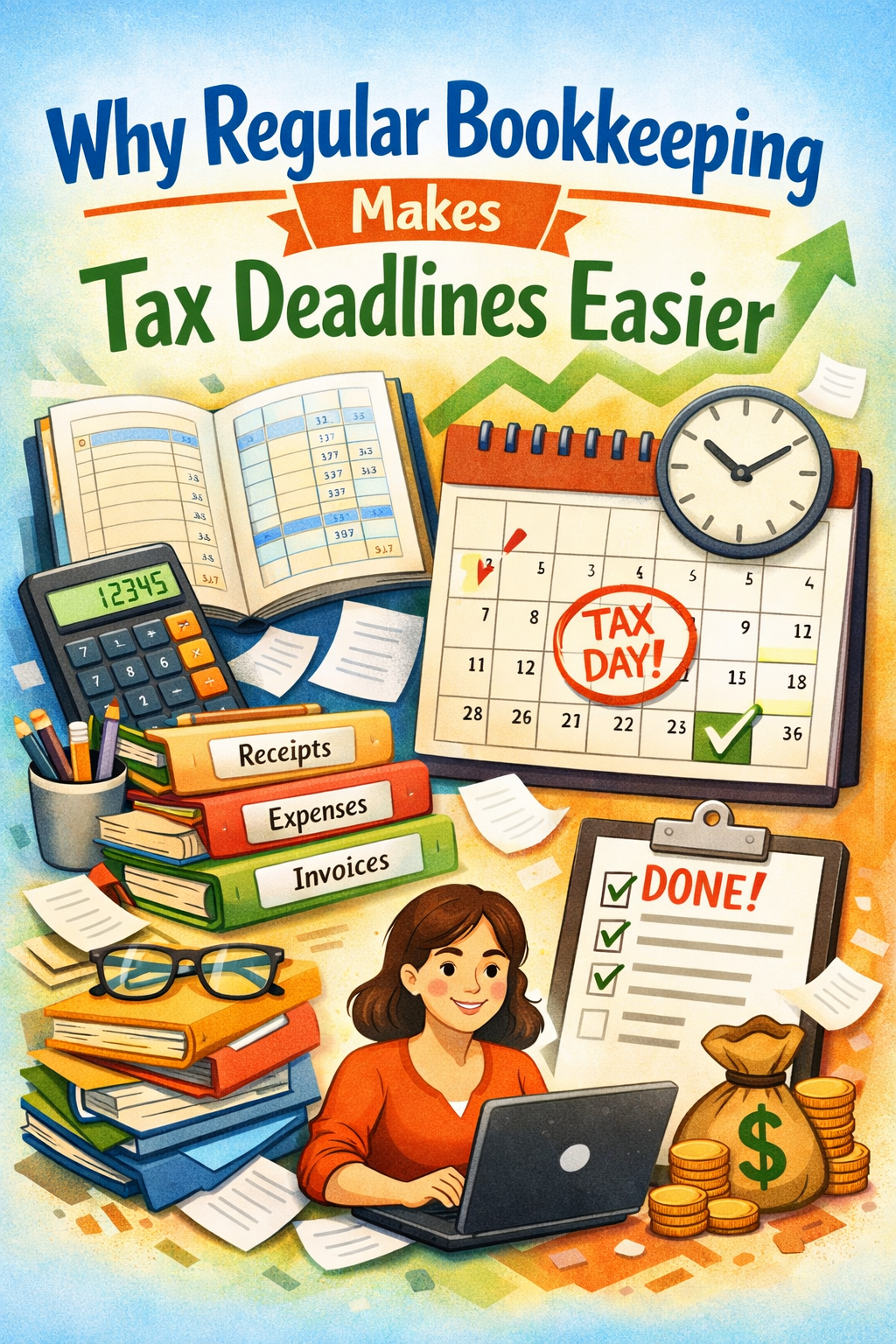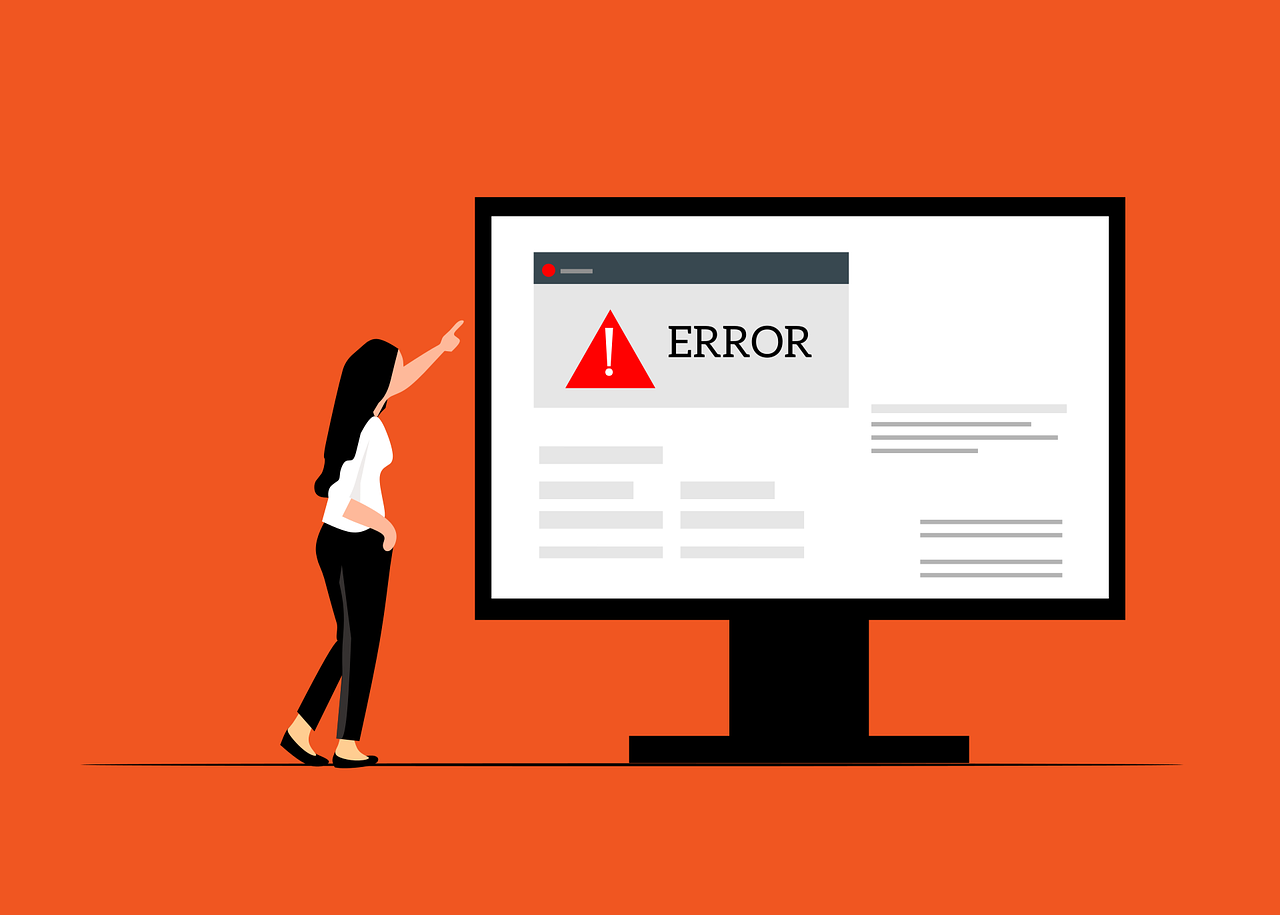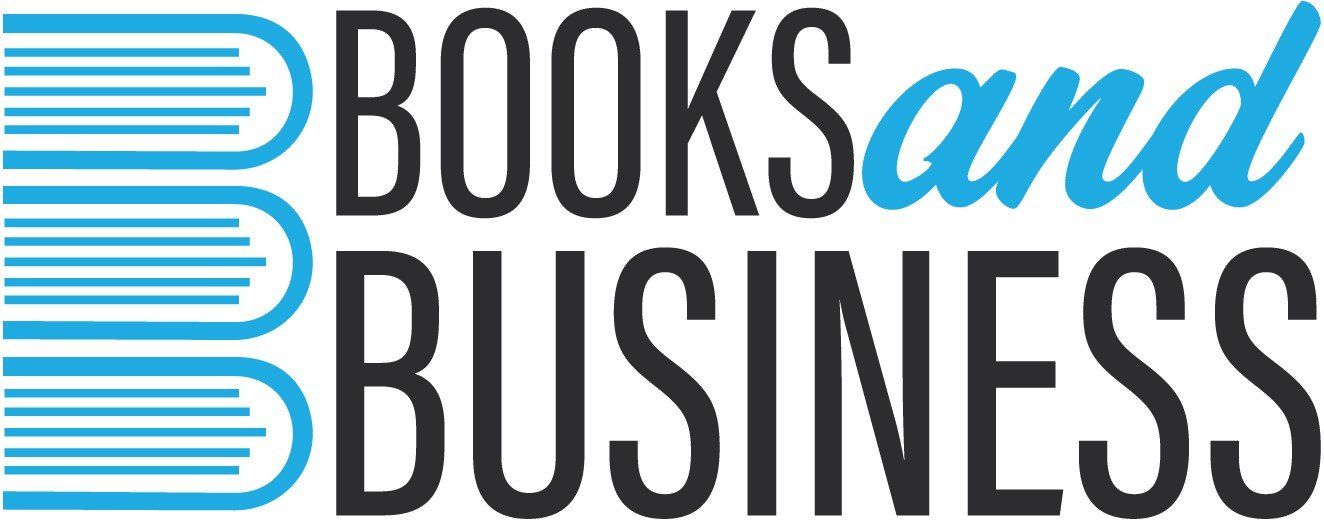Making Tax Digital - for VAT
16 May 2021
Records you must keep digitally
VAT registered businesses with a taxable turnover of more than £85,000 must follow the rules as set out by HMRC for "Making Tax Digital for VAT" by keeping some records digitally, unless of course;
- your business applied for an exemption
- your business uses the VAT GIANT service
If your business turns over less than £85,000 you can choose to sign up to Making Tax Digital
The records that you must keep digitally are;
- your business name, address and VAT registration number
- any VAT accounting scheme you use
- the VAT on goods and services you supply for example everything you sell, lease, transfer or hire out (supplies made)
- the VAT on goods and services you receive, for example everything you buy, lease, rent or hire (supplies received)
- any adjustments that you make to a VAT return
- the "time of supply" and "value of supply" (value excluding VAT) for everything you buy and sell
- the rate of VAT charged on goods and services you supply
- reverse charge transactions - where you record the VAT on both he sale price and the purchase price of good and services you buy
- your total DAILY gross takings if you use a retail scheme
- items you can reclaim VAT on if you use the Flat Rate Scheme
- your total sals, and the VAT on those sales, if you trade in gold and use the Gold Accounting Scheme
You also need to keep digital copies of documents that cover multiple transactions made on behalf of your business by:
- volunteers for charity fundraising
- third party business
- employees for expenses in petty cash
YOU MUST
add all of your transactions to your digital records however you DO NOT
at this point in time need to scan paper records like invoices or receipts




